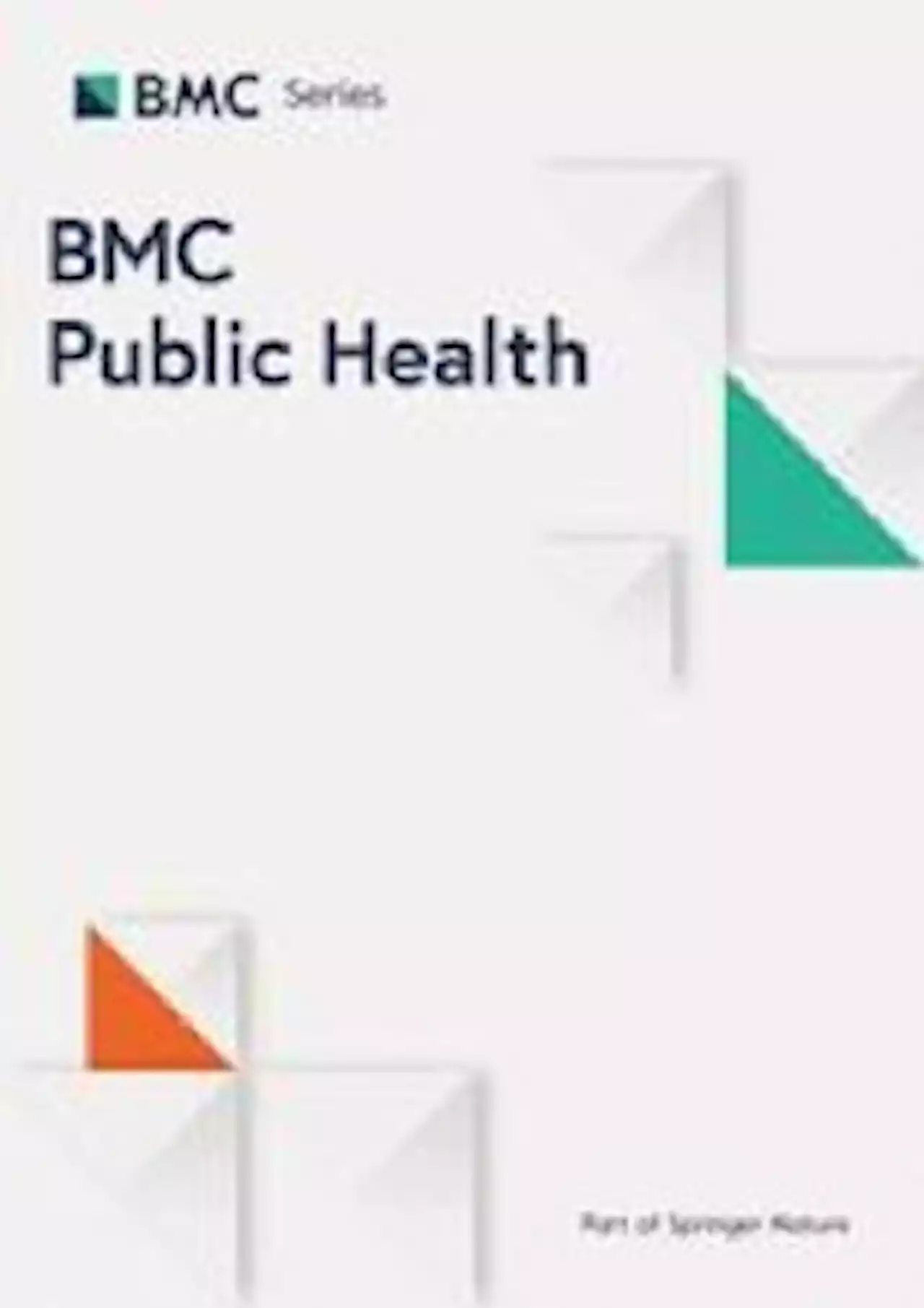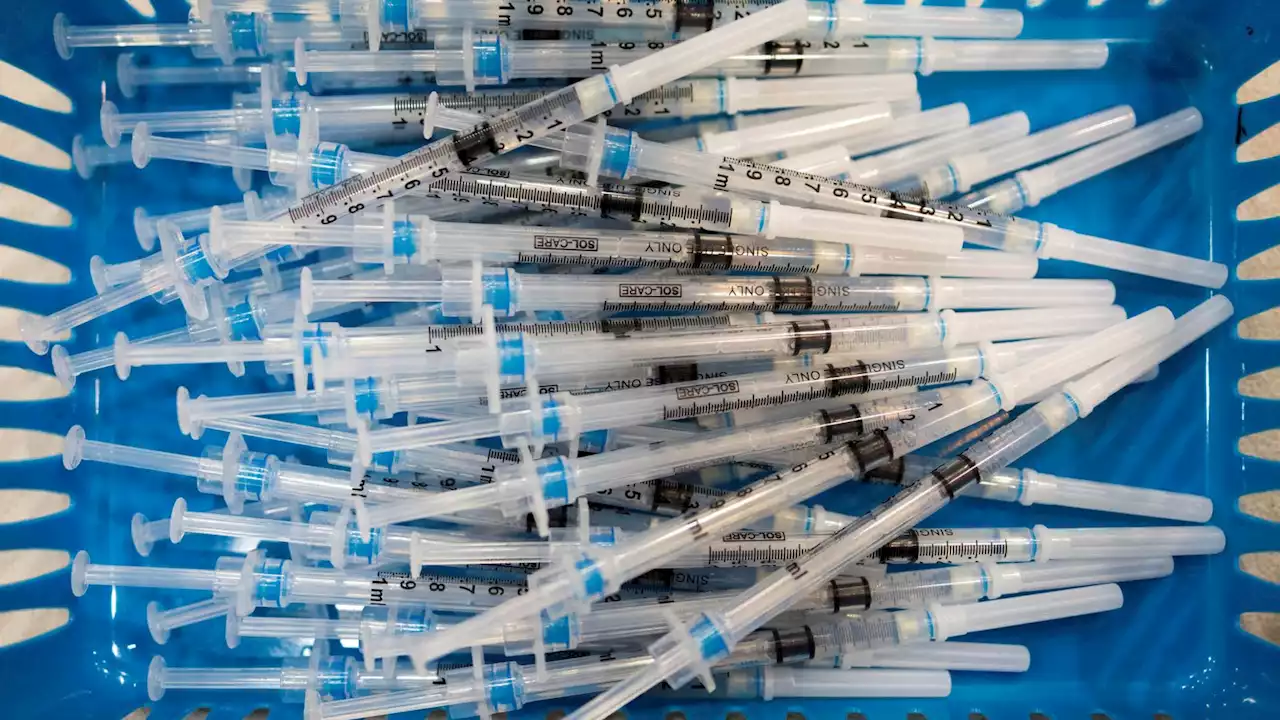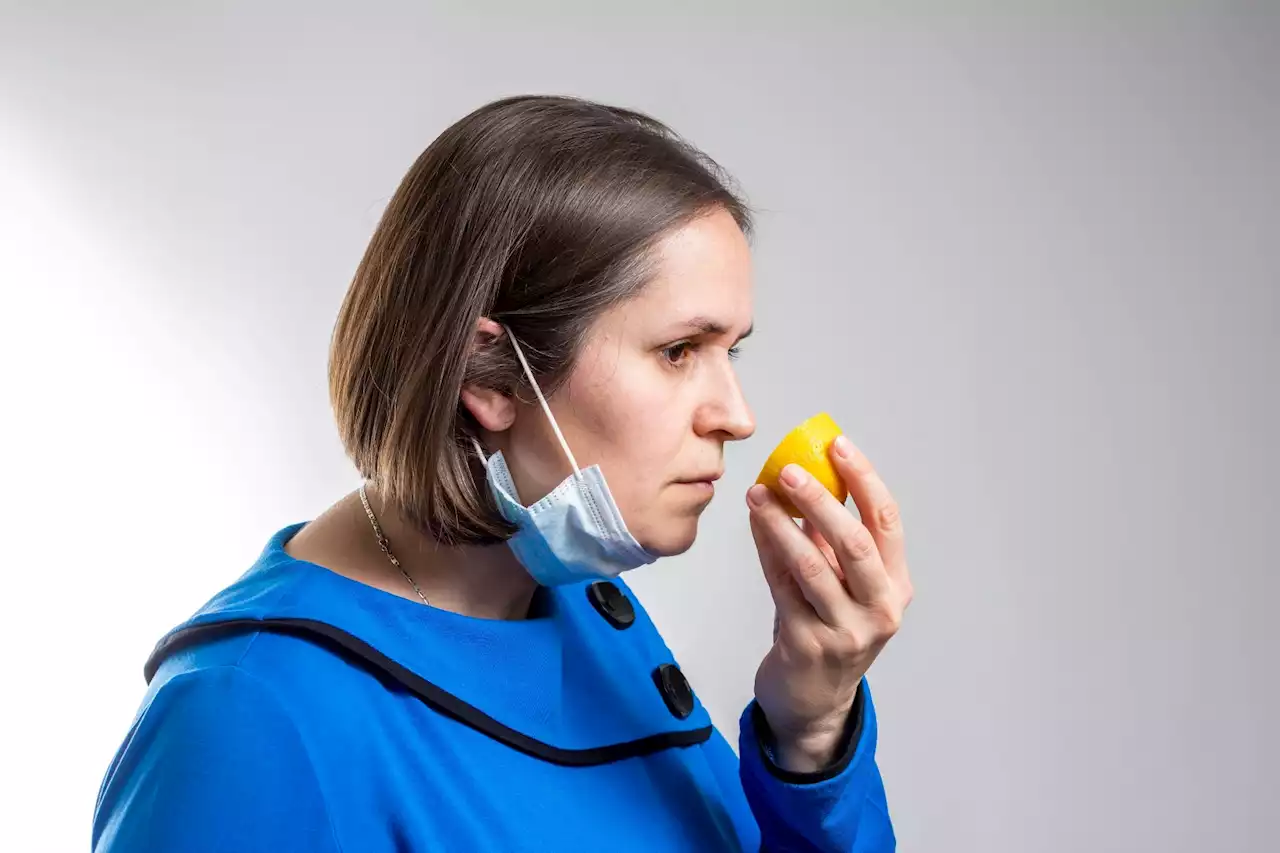Study explores olfactory dysfunction in long COVID patients LongCOVID Coronavirus COVID19 OlfactoryDysfunction
By Tarun Sai LomteSep 13 2022Reviewed by Aimee Molineux A recent study published in the Journal of American Medical Association Network Open described the sociodemographic features and comorbidities of patients with long COVID and olfactory dysfunction.
About the study In the present study, researchers described the clinical and sociodemographic characteristics of long COVID patients with persistent olfactory dysfunction. It was conducted among subjects enrolled for a long COVID follow-up program at a Brazilian public university in the Amazon. Patients with long COVID had a history of usual COVID-19 symptoms during the acute phase.
Participants were considered to have anosmia if the CCCRC score was less than 1.75 and normosmia if the score was six or seven. Additionally, the association between olfactory dysfunction and daily life activities was evaluated via a questionnaire. More patients in the normosmia cohort had headaches, anxiety, and sleep disorders than those with olfactory dysfunction. In contrast, the olfactory dysfunction group had more patients with ageusia. Food preparation, hazard detection ability, and personal hygiene were the life activities associated with olfactory dysfunction.
Singapore Latest News, Singapore Headlines
Similar News:You can also read news stories similar to this one that we have collected from other news sources.
 Health behaviours the month prior to COVID-19 infection and the development of self-reported long COVID and specific long COVID symptoms: a longitudinal analysis of 1581 UK adults - BMC Public HealthBackground Demographic and infection-related characteristics have been identified as risk factors for long COVID, but research on the influence of health behaviours (e.g., exercise, smoking) immediately preceding the index infection is lacking. The aim of this study was to examine whether specific health behaviours in the month preceding infection with COVID-19 act as upstream risk factors for long COVID as well as well as three specific long COVID symptoms. Methods One thousand five hundred eighty-one UK adults from the UCL COVID-19 Social Study and who had previously been infected with COVID-19 were analysed. Health behaviours in the month before infection were weekly exercise frequency, days of fresh air per week, sleep quality, smoking, consuming more than the number of recommended alcoholic drinks per week (| 14), and the number of mental health care behaviours (e.g., online mental health programme). Logistic regressions controlling for covariates (e.g., COVID-19 infection severity, socio-demographics, and pre-existing health conditions) examined the impact of health behaviours on long COVID and three long COVID symptoms (difficulty with mobility, cognition, and self-care). Results In the month before infection with COVID-19, poor quality sleep increased the odds of long COVID (odds ratio [OR]: 3.53; (95% confidence interval [CI]: 2.01 to 6.21), as did average quality sleep (OR: 2.44; 95% CI: 1.44 to 4.12). Having smoked (OR: 8.39; 95% CI: 1.86 to 37.91) increased and meeting recommended weekly physical activity guidelines (3h hours) (OR: 0.05; 95% CI: 0.01 to 0.39) reduced the likelihood of difficulty with self-care (e.g., washing all over or dressing) amongst those with long COVID. Conclusions Results point to the importance of sleep quality for long COVID, potentially helping to explain previously demonstrated links between stress and long COVID. Results also suggest that exercise and smoking may be modifiable risk factors for preventing the development of d
Health behaviours the month prior to COVID-19 infection and the development of self-reported long COVID and specific long COVID symptoms: a longitudinal analysis of 1581 UK adults - BMC Public HealthBackground Demographic and infection-related characteristics have been identified as risk factors for long COVID, but research on the influence of health behaviours (e.g., exercise, smoking) immediately preceding the index infection is lacking. The aim of this study was to examine whether specific health behaviours in the month preceding infection with COVID-19 act as upstream risk factors for long COVID as well as well as three specific long COVID symptoms. Methods One thousand five hundred eighty-one UK adults from the UCL COVID-19 Social Study and who had previously been infected with COVID-19 were analysed. Health behaviours in the month before infection were weekly exercise frequency, days of fresh air per week, sleep quality, smoking, consuming more than the number of recommended alcoholic drinks per week (| 14), and the number of mental health care behaviours (e.g., online mental health programme). Logistic regressions controlling for covariates (e.g., COVID-19 infection severity, socio-demographics, and pre-existing health conditions) examined the impact of health behaviours on long COVID and three long COVID symptoms (difficulty with mobility, cognition, and self-care). Results In the month before infection with COVID-19, poor quality sleep increased the odds of long COVID (odds ratio [OR]: 3.53; (95% confidence interval [CI]: 2.01 to 6.21), as did average quality sleep (OR: 2.44; 95% CI: 1.44 to 4.12). Having smoked (OR: 8.39; 95% CI: 1.86 to 37.91) increased and meeting recommended weekly physical activity guidelines (3h hours) (OR: 0.05; 95% CI: 0.01 to 0.39) reduced the likelihood of difficulty with self-care (e.g., washing all over or dressing) amongst those with long COVID. Conclusions Results point to the importance of sleep quality for long COVID, potentially helping to explain previously demonstrated links between stress and long COVID. Results also suggest that exercise and smoking may be modifiable risk factors for preventing the development of d
Read more »
 Covid booster jabs rollout expanded with millions urged to book inMillions more in the UK can now book a fourth COVID booster jab after the rollout was expanded to include over 65s today. Carers and people who are pregnant can also book their appointments.
Covid booster jabs rollout expanded with millions urged to book inMillions more in the UK can now book a fourth COVID booster jab after the rollout was expanded to include over 65s today. Carers and people who are pregnant can also book their appointments.
Read more »
 Lancashire Covid map shows 13 neighbourhoods with worst infection ratesCases remain low across the county, with just one area above the 200 case threshold
Lancashire Covid map shows 13 neighbourhoods with worst infection ratesCases remain low across the county, with just one area above the 200 case threshold
Read more »
 Brain injury a common consequence of both COVID-19 and influenzaIn a recent study published in the journal Brain, researchers reported that brain injury is common in coronavirus disease 2019 (COVID-19) and influenza.
Brain injury a common consequence of both COVID-19 and influenzaIn a recent study published in the journal Brain, researchers reported that brain injury is common in coronavirus disease 2019 (COVID-19) and influenza.
Read more »
 COVID-19: Booster jab rollout moves to over-65s, carers and pregnant womenBookings can be made online or over the phone as long as the person had their last jab at least three months ago.
COVID-19: Booster jab rollout moves to over-65s, carers and pregnant womenBookings can be made online or over the phone as long as the person had their last jab at least three months ago.
Read more »
 Strangeways tower is 'crumbling' and prisoners felt safer during CovidOn the positive side, the prison's gym service has been offering badminton, football, classes for elderly, spin classes and tennis, as well as 'excellent equipment'.
Strangeways tower is 'crumbling' and prisoners felt safer during CovidOn the positive side, the prison's gym service has been offering badminton, football, classes for elderly, spin classes and tennis, as well as 'excellent equipment'.
Read more »
